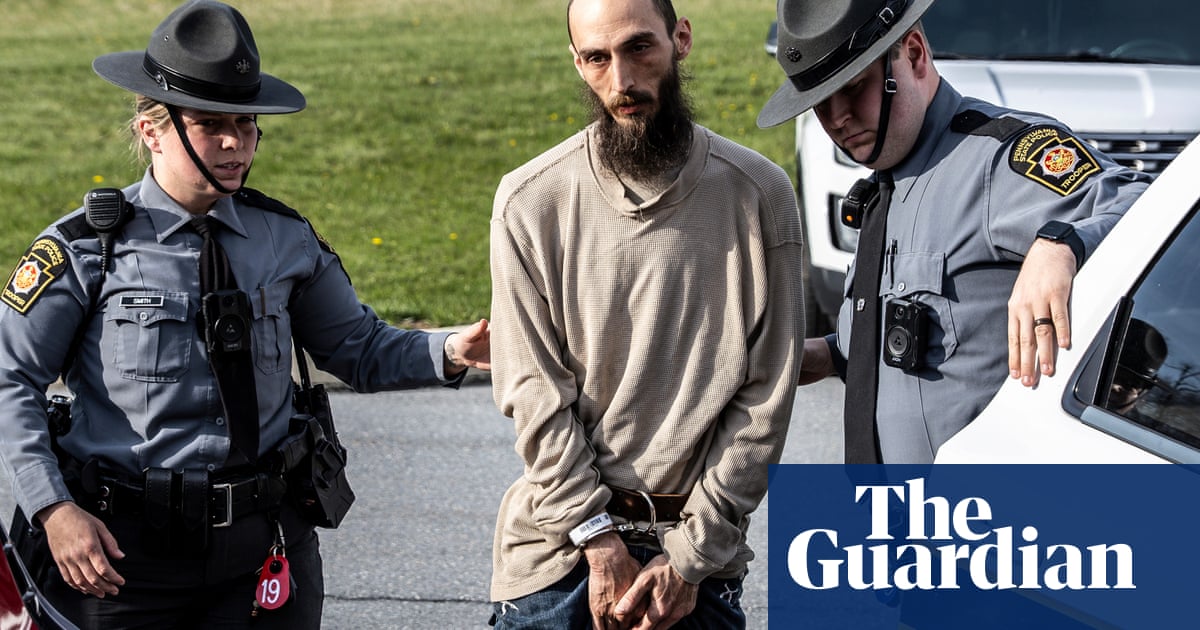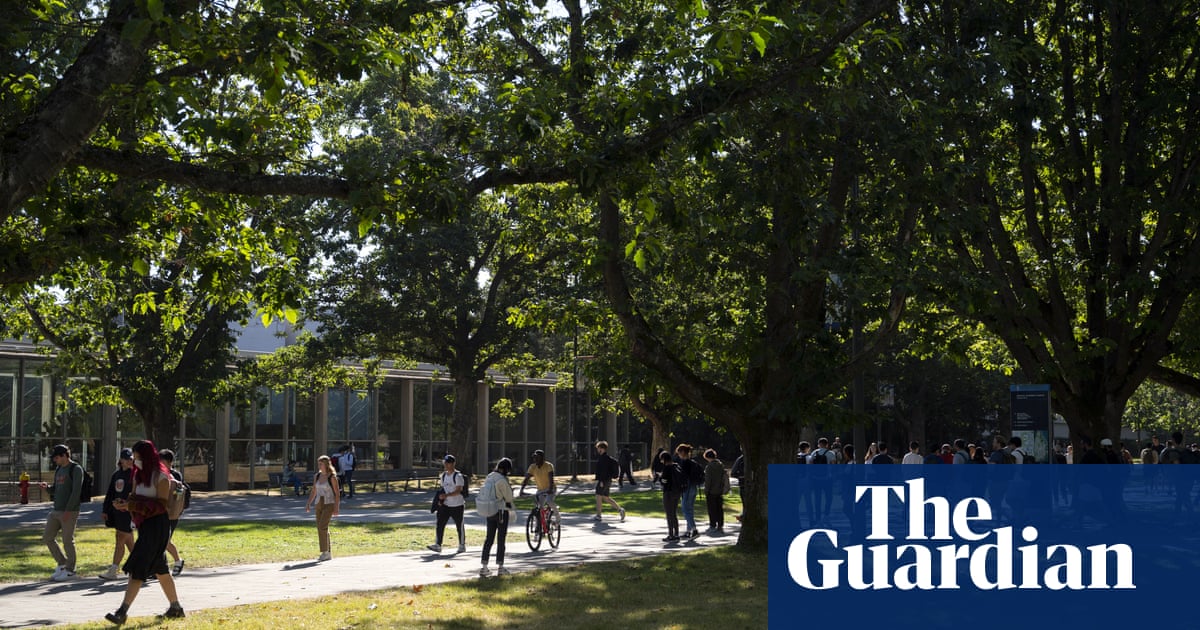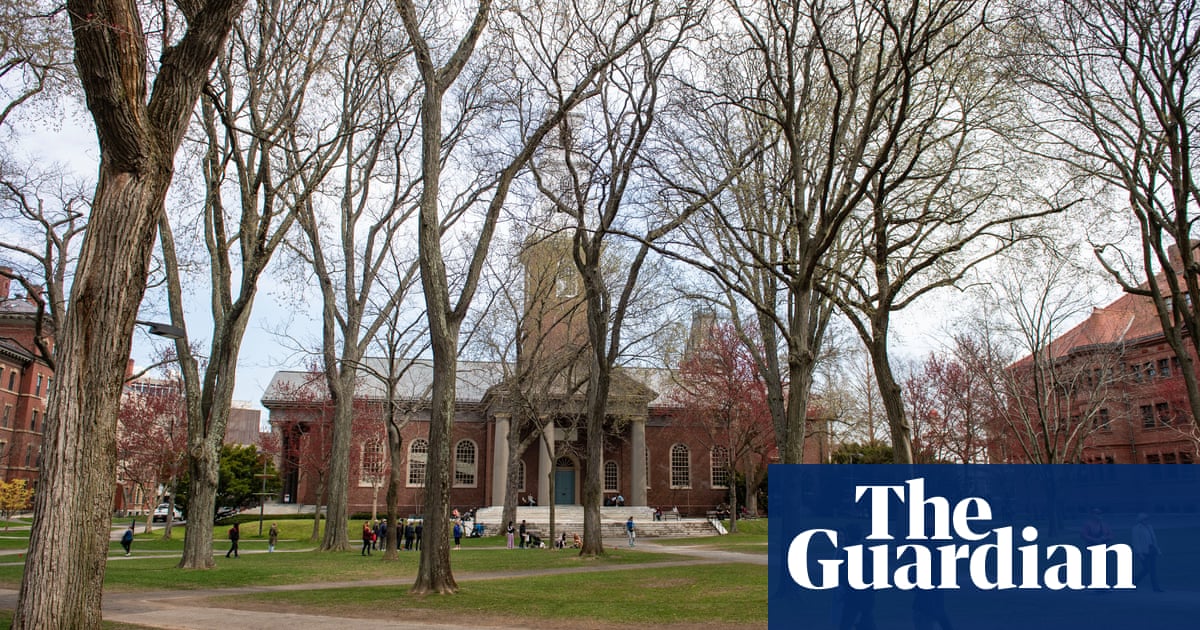A 42-year-old man on South Carolina death row is fighting to stop his execution by firing squad, with his attorneys arguing he endured prolonged torture as a child and did not receive a fair trial.
Mikal Mahdi is due to be killed on Friday, nearly 20 years after he was sentenced to death for the 2004 killing of James Myers, a 56-year-old off-duty public safety officer.
South Carolina resumed executions last year after a 13-year pause, reviving the controversial and rarely used method of shooting as an option to carry out the killings. The state has been rapidly executing people since September and last month shot dead 67-year-old Brad Sigmon. He was the first to be executed by a firing squad in the US in 15 years. His attorneys said he chose to be shot due in part to concerns that an alternative option, lethal injection, had led to “prolonged and potentially tortuous deaths” in recent cases.
Unlike other recent executions where men presented evidence of innocence and wrongful conviction, Mahdi’s lawyers have not disputed the basic facts of the case, but argued his life should be spared in part due to the profound abuse he endured and his trial counsel’s failure to properly present his childhood trauma to the court.
Some of Mahdi’s earliest memories were of his father abusing his mother, who fled when he was four, his attorneys wrote in a petition to the US supreme court. By age nine, he was suicidal and briefly committed to a psychiatric facility, released without getting subsequent treatment.

Lawyers say his father suffered from mental illness and embraced conspiracy theories and started homeschooling Mahdi at age 11. Mahdi entered the prison system as a young teen, never getting the mental healthcare he needed.
Between age 14 and 21, Mahdi endured an estimated total of 8,000 hours in solitary confinement, often for petty violations, the petition says.
Two months after he was released from the “brutal conditions” of incarceration, Mahdi, then 21, committed a string of violent crimes, including robbing a convenience store, fatally shooting the clerk, fleeing police, breaking into a shed at Myers’s home and killing him.
After Mahdi pleaded guilty, prosecutors called 28 witnesses during the sentencing hearing while Mahdi’s lawyers’ at the time only called two witnesses, and only one offered minimal testimony about his history of trauma growing up and behind bars, his attorneys said. The judge sentenced him to death, saying Mahdi lacked “humanity” and that it didn’t seem as if his “turbulent and transient childhood … contributed in any significant way” to the crimes.
“With 8,000 hours in solitary confinement, including about 2,000 hours when he was 14 to 17 years old in juvenile detention, he never had the chance to grow up,” his attorney, David Weiss, told the Guardian this week, noting that the conditions he faced are now widely regarded as torture. “He never had the chance to cope with everything he went through as a child … When you compare what he endured to how limited [his attorneys’] trial presentation was, it’s an egregious injustice.”
His lawyers have argued to the US supreme court that state courts have erred in upholding his death sentence, failing to acknowledge that his counsel was deficient whey they presented “barely half an hour” of “mitigating evidence”. If the full scope of his background was presented, it is likely he would have received a life sentence, the attorneys argue.
The South Carolina attorney general’s office has argued that Mahdi has exhausted his appeals and that his ineffective counsel claim was already “reasonably rejected”. A spokesperson for the attorney general’s office declined to comment.
“He has really changed in the 20 years since the crime,” said Weiss. “He doesn’t have a hint of grievance or ‘Why me?’ He understands the crimes were really horrible and that he has caused a lot of pain for a lot of people and accepts full responsibility.”
Mahdi’s lawyers have also filed a clemency petition with governor Henry McMaster, a Republican, saying he is a “dramatically different person from the confused, angry, and abused youth who committed the capital crimes” and that “justice must be tempered with mercy – especially when the system has failed someone so completely as it has Mikal.”
No governor in the state has granted clemency to a death row defendant in nearly 50 executions carried out under the modern death penalty era.
Two of Mahdi’s elementary school teachers have called for his life to be spared and anti-death penalty advocates in South Carolina have planned a series of vigils and rallies this week calling to stop the execution.
Mahdi has spent his time behind bars reading history and nonfiction and trying to learn Spanish by watching Telemundo, Weiss said. Mahdi has also recently asked to have his organs donated if he is executed, but his attorneys were told healthcare protocols would likely bar the donations.
In reviving capital punishment, the state directs people to choose between electric chair, lethal injection and firing squad. Faced with “barbaric and inhumane choices”, Mahdi’s attorneys said he chose the “lesser of three evils” – opting to be shot instead of “burned and mutilated in the electric chair, or suffering a lingering death on the lethal injection gurney”.
Weiss, who will be the witness for the execution, said this week: “The prospect of going into the execution chamber and watching him being strapped down to a chair, with three gunmen firing high-powered rifles into his chest is terrifying.”
The attorney for Sigmon, killed last month, described a harrowing sight, saying Sigmon had a hood placed over his head and bull’s eye on his chest and that when three prison employees simultaneously shot him, he started forcefully straining “as if he was trying to break free from the restraints”.
If the case proceeds, Mahdi would be the fifth person executed in South Carolina since September and the 12th person killed across the US this year.

.png) 5 days ago
8
5 days ago
8













































